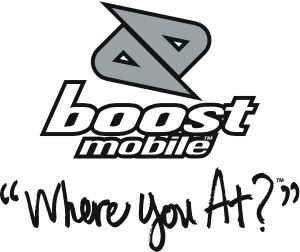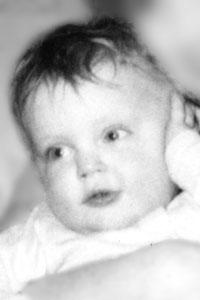"Where You At?"

Denmark Vesey found an interesting piece that ran on Fox News about a teacher in Chicago targeting the "bad grammar" particularly of some segments of the African-American community.
This has certainly been a subject of debate that I have run into since my many fine years of experience at Aiken High School in the College Hill neighborhood of Cincinnati.
The debate seems to go something like this - are these "non-standard" pronunciations and grammatical constructions used by some segments of the African-American community simply "lazy grammar", or might these things constitute a legitimate dialect in their own right?
Of course as we have seen from the example of the Hispanic community, certainly an entirely separate language can at some point reach a level of acceptability that you see it all over stores, automated customer service systems, voting ballots, and so on.
However, this "Black English", "Urban American Dialect", or whatever you want to call it, has SO much in common with "standard English" that it, for whatever reason, has never been commonly accepted as a separate language, dialect, or creole.
Occasionally it starts to get a LITTLE respect - for instance, Nextel, realizing that it had a massive telecommunications network very concentrated in urban areas that went mostly unused at night after most of the general contractors had gone to bed, started marketing a pre-paid wireless telephone service called Boost Mobile to a group that 1) was heavily concentrated in the urban areas where Nextel has a good footprint, 2) had bad credit so they NEEDED pre-paid service, and 3) presumably would use the service most often to ask the single question, "Where you at?", as this became the main slogan for Boost Mobile.
After considerable research I have come to the conclusion that this "Urban American Dialect" is, indeed, a legitimate creole. The source languages I believe are dialects that were spoken in England some 300 years ago and a West African language called Wolof.
For instance, some features common to Wolof and Urban American Dialect are that the verbs tend not to be conjugated.
The Urban American Dialect is often used as a sign of cultural identity as well. For instance, once the older sister of our good friend Nate Livingston once told me that she was criticized by her African-American friends for speaking the "standard English" dialect and, in so doing "sounding too White".
There are many who would say that there is nothing inherently wrong with this dialect in and of itself. Carl B. Stokes, the first Black mayor of Cleveland once came to speak to us at Aiken and he went on for quite some time about, although he used "standard business English" in business settings, upon returning to his humble abode and sitting down to a steaming plate of peach cobler, he would frequently "be talkin' some mess" back home.
Of course *I* have made liberal use of this dialect from time to time - particularly when there is a phrase that simply doesn't translate well into "standard English". For instance, I have yet to find a phrase in "standard English" that quite captures the "spin" of opining that someone "be out they DAMN mind". It's also very true, of course, that one simply cannot find a better phrase to express the notion that, for instance, Obi Ken be trippin'.
I think what we've lost in this country though is a spirit of "when in Rome". If you want some money from Spanish-speaking communities, you learn to speak Spanish. If you're trying to sell pre-paid Nextel service to Urban Americans, you ask them, "Where You At?"
And, similarly, if you are psychotic enough to want some money from (want to work for) The White Man, you learn how to do such stuff as say, "Oh, yes, Mr. Hochfarend, we are expecting to do quite well this year, sir. Oh, yes sir, we have a wonderful company here, sir. I can't imagine working for anyone other than you, sir. Yes, sir ..."
Labels: Denmark Vesey

 Axinar's Posts
Axinar's Posts




0 Comments:
Post a Comment
<< Home